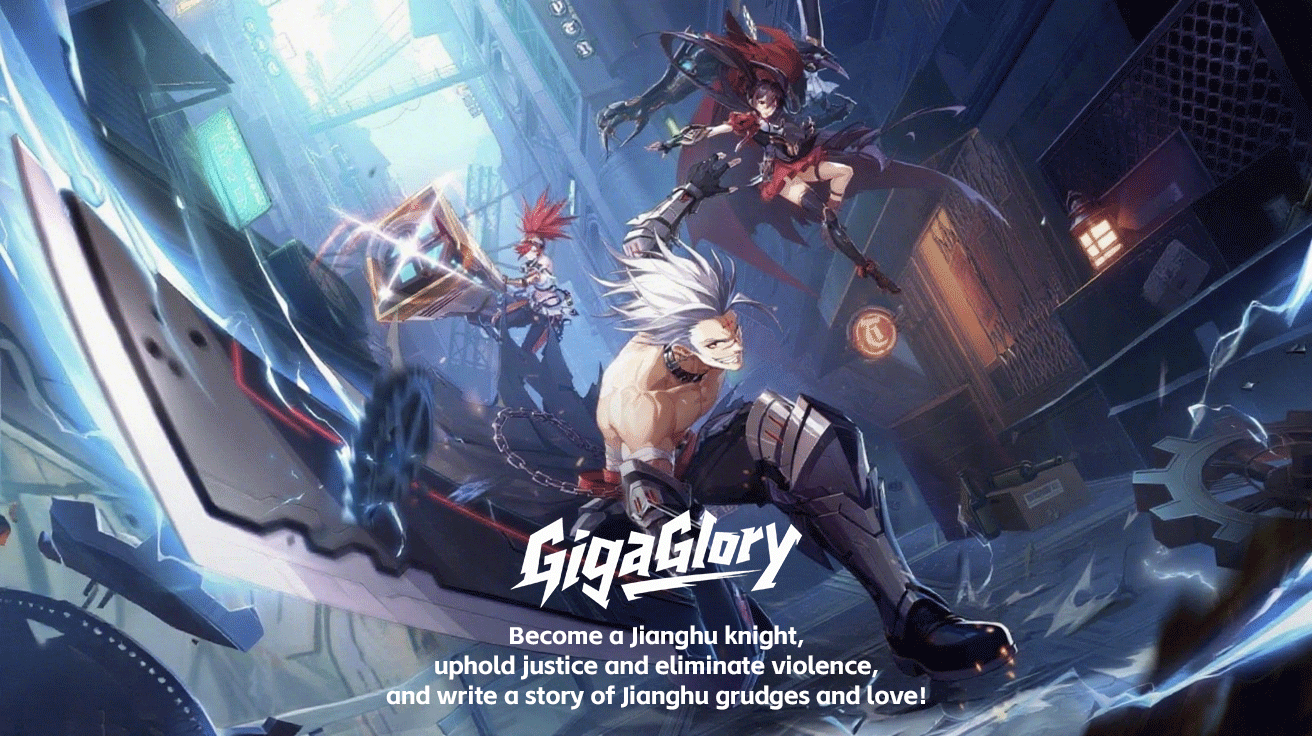How RPG Games Revolutionize the World of Real-Time Strategy Games
In recent years, the gaming industry has witnessed a remarkable transformation, particularly in the realms of RPG (Role-Playing Games) and RTS (Real-Time Strategy) genres. This convergence has not only invigorated gameplay but has also altered player expectations and experiences. Let's delve into how RPG games have revolutionized real-time strategy games, creating a dynamic fusion that amplifies engagement and excitement.
The Rise of RPG Elements in RTS Games
Initially, RTS games were defined by tactical gameplay and resource management. However, the infusion of RPG elements has significantly enhanced their complexity and depth. Today, games like League of Legends and Warcraft III exemplify this trend, blending strategic planning with character progression, narrative depth, and immersive world-building.
The Blurring of Genres
The boundaries between RPGs and RTS games are increasingly blurred. This hybridization allows players to invest emotionally in characters, enriching the strategic aspects of gameplay. The incorporation of character classes, skill trees, and customizable items creates a layered experience where players can actively shape their in-game destinies.
- Character Advancement
- Skill Customization
- Immersive Storylines
- Dynamic Gameplay Mechanics
Key Features of RPG-Infused RTS Games
What makes this amalgamation so effective? Here are critical features that showcase the benefits:
| Feature | Description | Benefit |
|---|---|---|
| Character Development | Players can level up characters and improve skills. | Increased engagement and personalized gameplay experience. |
| Resource Management | Players gather and upgrade resources strategically. | Encourages tactical planning and foresight. |
| Immersive Narratives | Rich storylines drive player motivation. | Deepens emotional investment in gameplay. |
| Community Engagement | Online multiplayer features foster social interactions. | Enhanced teamwork and strategic collaboration. |
Player Experience: Engagement through RPG Elements
The fusion of RPG elements into RTS games has redefined player engagement levels. Here’s how:
- Emotional Investment: Connection with characters adds emotional depth.
- Exploration: Players are encouraged to explore vast worlds, uncovering lore and resources.
- Decision-Making: Choices made within quests impact game outcomes.
Case Studies: Successful Examples of RPG and RTS Integration
Let’s take a closer look at exemplary games that have successfully combined these elements:
League of Legends
This game has skyrocketed in popularity, largely due to its engaging champions and lore. Players immerse themselves in distinct characters, each with unique abilities. This combination of hero-centric gameplay with competitive strategy creates an addictive experience.
Age of Empires: Definitive Edition
By adopting RPG features such as civilizations with unique traits and customizable armies, this classic RTS has attracted a new generation of gamers, eager for deeper strategic gameplay.
Tackling Challenges: The Transition from Traditional RTS to Hybrid Models
Despite the success of blending genres, developers face challenges during this transition. Here’s a closer inspection:
- Balancing Strategy and Role-Playing: Ensuring both elements complement each other without overpowering gameplay.
- UI Complexity: Streamlining user interfaces to accommodate the combination of RPG features while keeping gameplay intuitive.
- Player Expectations: Managing diverse player expectations within hybrid game mechanics.
The Impact on Competitive Gaming
The rise of RPG elements in RTS games has also transformed competitive gaming. Titles like League of Legends have become staple eSports, where strategy meets the narrative development of characters. Here’s what this means for players:
- Strategic Depth: Players must consider both competition and their character's progression.
- Community Growth: The integration of RPG elements fosters community engagement through narrative discussions and character development.
The Future of Game Design: What Lies Ahead?
As the gaming landscape continues to evolve, the future of RPG-infused RTS games looks promising. Developers are likely to:
- Innovate RPG mechanics further, introducing more unique character classes.
- Focus on intricate narratives that enhance the strategic aspects.
FAQs
What are RPG games?
RPG games focus on character development where players assume roles within a fictional setting, often leading to rich and interactive narratives.
How do RTS games work?
RTS games involve strategic decision-making where players manage resources and develop strategies in real-time, often in a competitive setting.
Can RPG games improve RTS gameplay?
Yes, integrating RPG elements can create more immersive experiences, enhance emotional connections, and offer greater player agency in RTS games.
Conclusion
The melding of RPG and RTS games exemplifies how genres can evolve and innovate. The infusion of narrative depth, character progression, and strategic complexity has redefined what players expect from their gaming experiences. As we move forward, the gaming community can anticipate even more exciting developments in how these genres intersect, further revolutionizing interactive entertainment.



